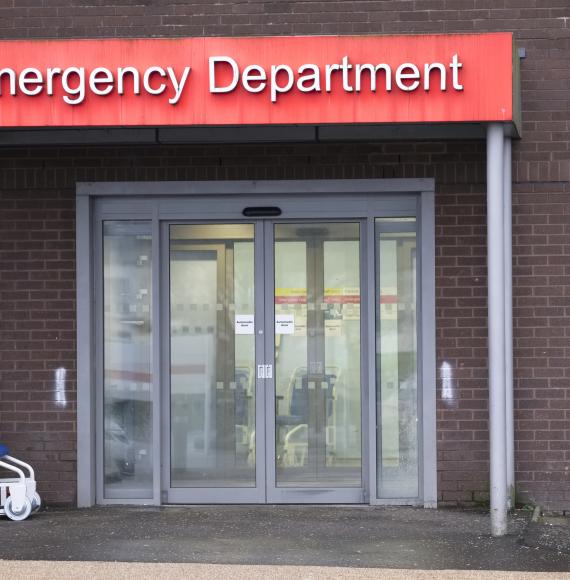Significant structural changes seem to be on the horizon for the NHS, as Health Secretary Sajid Javid set out intentions to merge Health Education England (HEE), NHSX and NHS Digital into the NHS England and NHS Improvement (NHSE/I) organisation.
The changes are intended to allow for wide-reaching improvements across the health service, as well as the reorganisation of a number of objectives of the NHS into a more central footing.
But what will it mean for one of the largest, and longest-standing, challenges facing the health service: the workforce shortage?
Crucially, the Health Secretary’s plans – which have come off the back of recommendations by Laura Wade-Gery, Non-Executive Director at NHS England and Chair of NHS Digital – have been designed to “place recruitment, training and retention of NHS staff at the heart of the NHS in England”.
Shifting HEE resources into the NHS England structure will allow for greater long-term planning and strategy around staff recruitment and retention, ensuring that the training offerings available through organisations like HEE can work hand-in-hand with the strategic and funding capabilities of the rest of the NHS.
Effective staff recruitment and training will also help boost NHS capacity as more patients benefit from the best possible care, with the right staff in place to meet the needs of patients.
Bringing into the same organisation the remits of NHS Digital and NHSX too provides these staff recruitment, retention and training efforts with the data and technological capabilities to further boost success.
With an increasingly digital and data-driven healthcare system, there will need to be a closer working relationship between the organisations involved, ensuring that not only is new, innovative technology introduced to the NHS but that there is the staff and training on hand to ensure the maximum benefits can be taken from it.
Speaking on the proposed merger and reforms, the Health Secretary said: “To ensure our record NHS investment makes a lasting impact, I am bringing workforce planning and digital transformation into the heart of the NHS.
“These reforms will support our recovery from Covid-19 and help us tackle waiting lists to give patients excellent care in years to come.
“I would like to pay tribute to all our colleagues at HEE, NHS Digital and NHSX for the enormous progress they have made, which we will continue to drive forward with their help.”
Dr Navina Evans, Chief Executive of HEE, added: “This decision marks a step change in the approach to service delivery and workforce planning.
“It presents an opportunity to bring the strengths of our HEE people in to the centre of the NHS and focus on supporting the right future of health and care for the population we serve.”



















